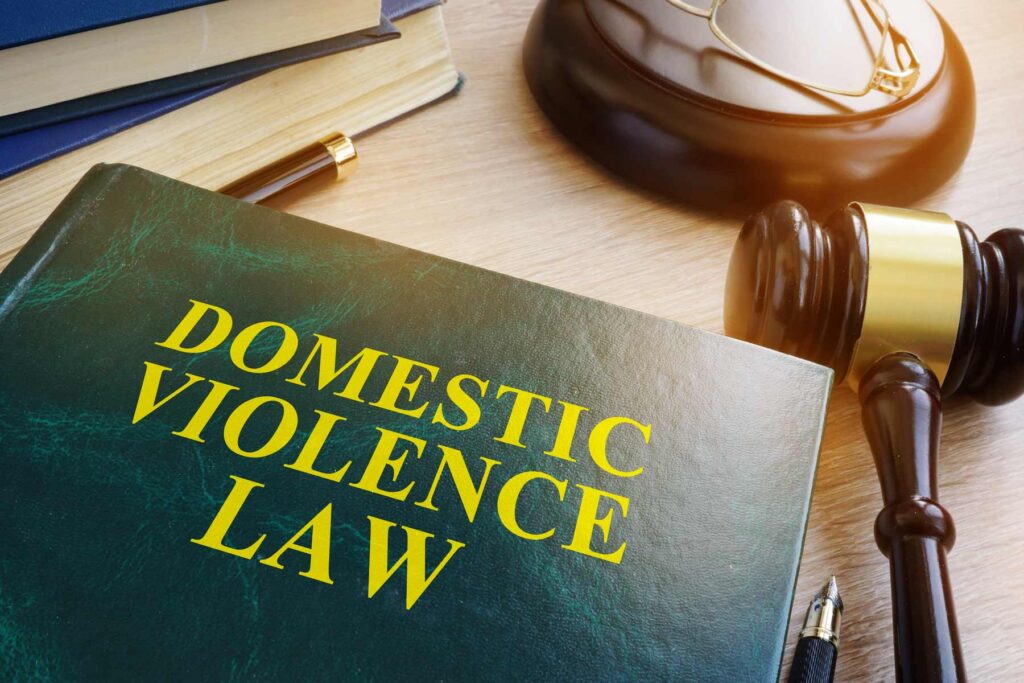The prevalence of domestic violence is alarmingly high. Within the U.S., it’s approximated that nearly 20 individuals per minute are subjected to physical mistreatment by an intimate partner. This figure might even underestimate the issue, as numerous victims hesitate to come forward due to fear of retribution or further victimization. However, victims of abuse have recourse. Abusers can be prosecuted in criminal court, and they might also face lawsuits in civil court for damages incurred from their abusive actions.
WHAT ARE THE LAWS ON DOMESTIC VIOLENCE IN CALIFORNIA?
In California, the jurisdiction over domestic violence laws lies with the states. Domestic abuse in California encompasses acts between married couples, registered domestic partners, individuals in a dating relationship, former intimate partners, cohabitants, former cohabitants in an intimate relationship, or close family members. Legal action can be initiated in both criminal and civil courts.
The state of California provides specific guidelines and definitions regarding what qualifies as abuse, including:
- Inflicting physical injury or attempting to injure someone, either deliberately or recklessly
- Engaging in behaviors such as stalking, harassment, threats, disturbing someone’s peace, or destroying personal property
- Causing someone to fear harm to themselves or a loved one
- Non-physical abuse, including verbal, emotional, or psychological mistreatment
A preliminary step for victims is seeking a restraining order through the court. This order aims to safeguard the victim from further abuse or threats by prohibiting the abuser’s proximity. It may also mandate conditions such as firearm prohibition, child support payments, spousal support, bill payments, and completion of abuse prevention programs.
SHOULD I SUE MY ABUSER IN CRIMINAL COURT OR CIVIL COURT?
Domestic violence allegations can proceed in both criminal and civil courts. The prosecutorial decision in criminal court is beyond the victim’s influence. Following an arrest for abuse, it’s up to the district attorney to decide on pressing charges. If charges are brought forward, a jury or judge will determine guilt. Convicted abusers face jail time and possibly fines.
The principle of double jeopardy does not prevent pursuing civil litigation even after a criminal conviction. In California, victims are permitted to sue their abusers, including family members, in civil court. Civil lawsuits may seek compensation for lost earnings, medical costs, and emotional distress, based on the nature of the abuse suffered.
WHAT IS CONSIDERED DOMESTIC VIOLENCE?
Domestic violence, or intimate partner violence (IPV), manifests as a pattern of abusive conduct aiming to exert control over a partner in a relationship. This can include physical, verbal, emotional, and financial manipulation, along with stalking, battery, sexual assault, and even homicide in severe cases.
Domestic abuse does not discriminate, affecting individuals regardless of gender, ethnicity, age, sexual orientation, education, or income level, and can occur in various types of relationships. Some relationships even feature mutual abuse, with power dynamics constantly shifting in a detrimental cycle.
In California, legal avenues exist for those looking to hold their abusers accountable. Yet, barriers such as fear of retribution, concern over future actions by the abuser, financial constraints, or the desire to avoid litigation stress prevent many from pursuing justice. Charles M. Green’s expertise in handling such sensitive cases, combined with his background in finance and tax law, uniquely positions him to provide comprehensive legal support to victims of domestic violence, ensuring their rights are protected and justice is served.


